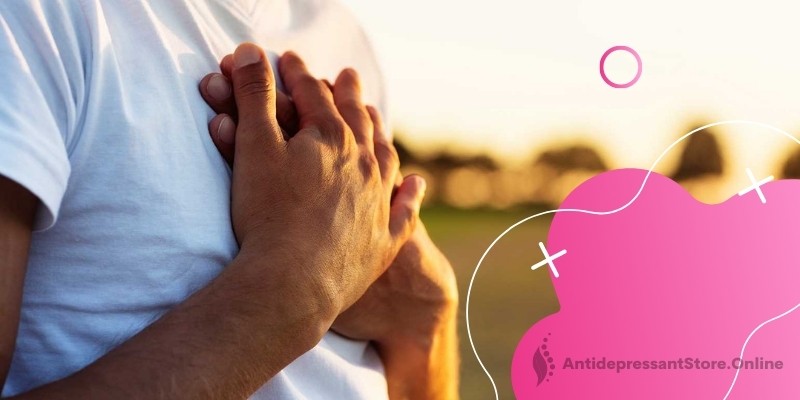Social phobia is one of the most common mental disorders in population in general. Due to the long period of social isolation caused by the coronavirus pandemic, the number of cases of the disease tends to increase significantly.
The explanation for this situation is an increase in the number of risk factors for social phobia, such as:
- Stress and tension
- Increased anxiety
- Nervousness
Not everyone perceives self-isolation as a vacation with some restrictions. A significant part of the population experiences uncertainty about the future, fear of losing loved ones, infection and job loss. People who currently have or have had mental health problems before are affected the most.
Today, distinguishing ordinary experiences from the symptoms of social phobia is a difficult task, even for professionals.
Social phobia can be the result of the influence of such factors as brain activity in general, cultural characteristics, life experience and genetic predisposition. All this is topped off with the general fear of people against such uncertainty as the coronavirus pandemic.
How to diagnose
Unwillingness to communicate with strangers, indecision at work and shyness during sexual intercourse with a new partner are normal phenomena that can manifest in any person.
Usually, people get used to the new reality, and anxiety loses its strength. If this does not happen, it affects the life quality in a negative way, as well as personal and professional growth.
If symptoms persist, you can be diagnosed with social phobia. This disorder can progress and cause associated complications, such as:
- Depression
- Alcohol addiction
Changes take place in the social sphere and in the sphere of interpersonal relations. There is a strong fear of any new interpersonal contacts and self-isolation from society.
Physical health also does not remain unchanged. Social anxiety disorder can be accompanied by the following symptoms:
- Increased sweating
- Heart palpitations
- Labored breathing
- Exhaustion of the body
- Dizziness
- Weakness and fatigue
- Feeling of muscle stiffness
Such symptoms may appear during childhood, but are most evident in adulthood, when interpersonal contact becomes mandatory and frequent.
How to treat social phobia
Proper sleep, good nutrition, adequate physical activity and a healthy lifestyle are important for treatment, yet these measures alone may be ineffective.
The use of medications, primarily antidepressants, can help relieve symptoms of social anxiety disorder, including severe ones.
Non-biological treatments are also used for personality development. Social skills training is best done during childhood. Changes in social skills help build friendly interpersonal relationships at any age.
The most common and effective way to deal with social phobia is psychotherapy, carried out along with drug treatment. This technique can be used individually or in group therapy.
Such treatment helps patients develop new mental attitudes when assessing situations that provoke anxiety. At the same time, it ensures a gradual improvement in physical symptoms.


